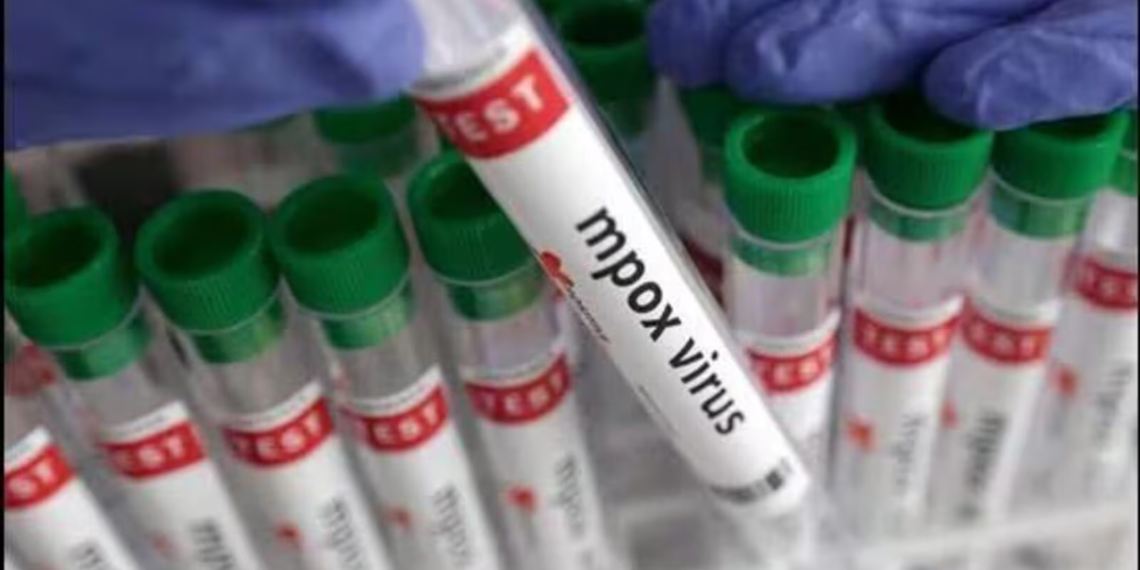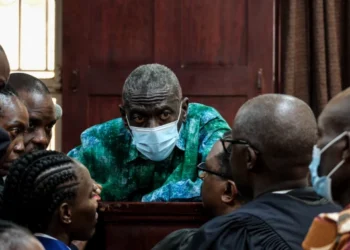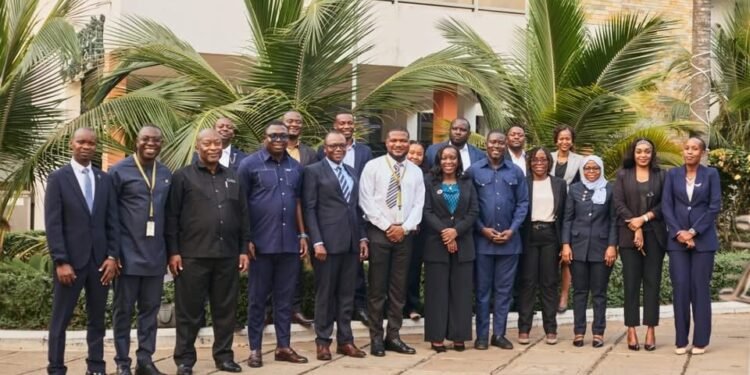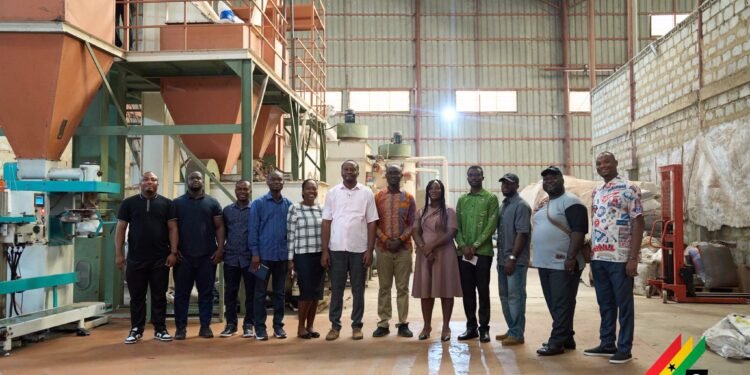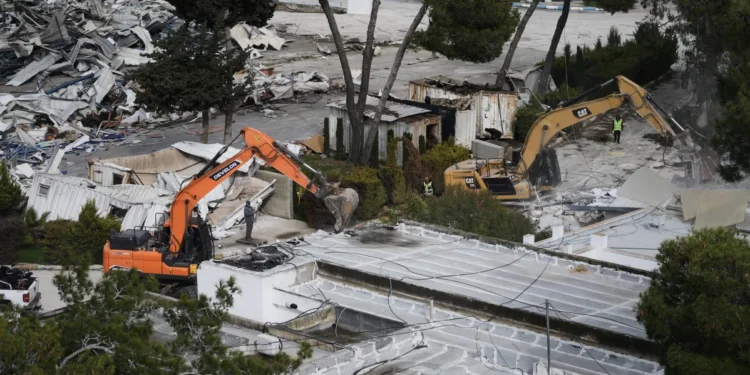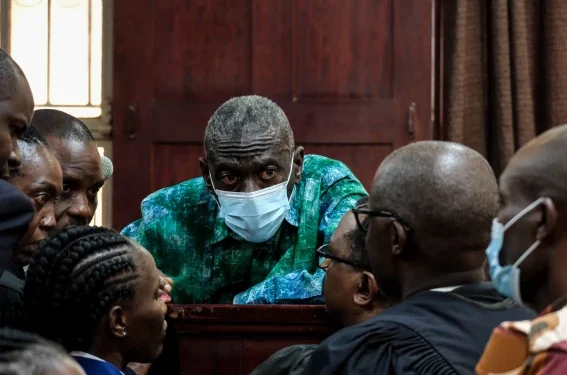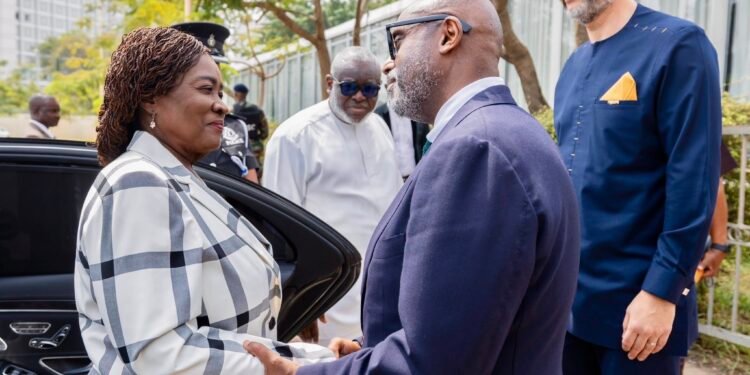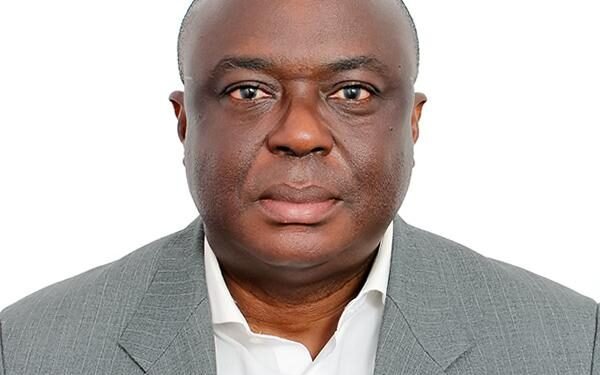The head of the World Health Organization (WHO) has expressed optimism that the current mpox outbreaks across Africa might be brought under control within the next six months.
WHO Director-General Tedros Adhanom Ghebreyesus announced on Friday that the first shipment of vaccines is expected to reach Congo within days.
This is a significant development as Africa has received only a small fraction of the necessary vaccines to curb the virus’s spread, particularly in Congo, which has reported the highest number of cases — over 18,000 suspected cases and 629 deaths.
Tedros Adhanom Ghebreyesus emphasized that “with the governments’ leadership and close cooperation between partners, we believe we can stop these outbreaks in the next six months” during a press briefing.
Despite a recent surge in mpox infections, which have increased in recent weeks, the death toll has remained relatively low. The WHO chief also highlighted the emergence of a new variant of mpox, with 258 cases identified in Burundi, Rwanda, Kenya, Uganda, Sweden, and Thailand.
Earlier this month, the WHO declared the ongoing outbreaks in Africa a global emergency, a move intended to mobilize a robust international response.
The disease, which had previously spread largely unnoticed across the continent, including in Nigeria, has garnered heightened attention after the detection of a potentially more transmissible variant in Congo in May.
Mpox, commonly known as monkeypox, is related to smallpox but usually results in milder symptoms such as fever, headache, and body aches. In severe instances, it can lead to painful sores and blisters on the face, chest, hands, and genitals. The virus is primarily transmitted through close skin-to-skin contact.
In response to the escalating situation, the WHO has estimated that approximately 230,000 vaccines could be dispatched “imminently” to Congo and other affected regions. The organization is also focusing on education campaigns to enhance public awareness about preventing the spread of mpox.
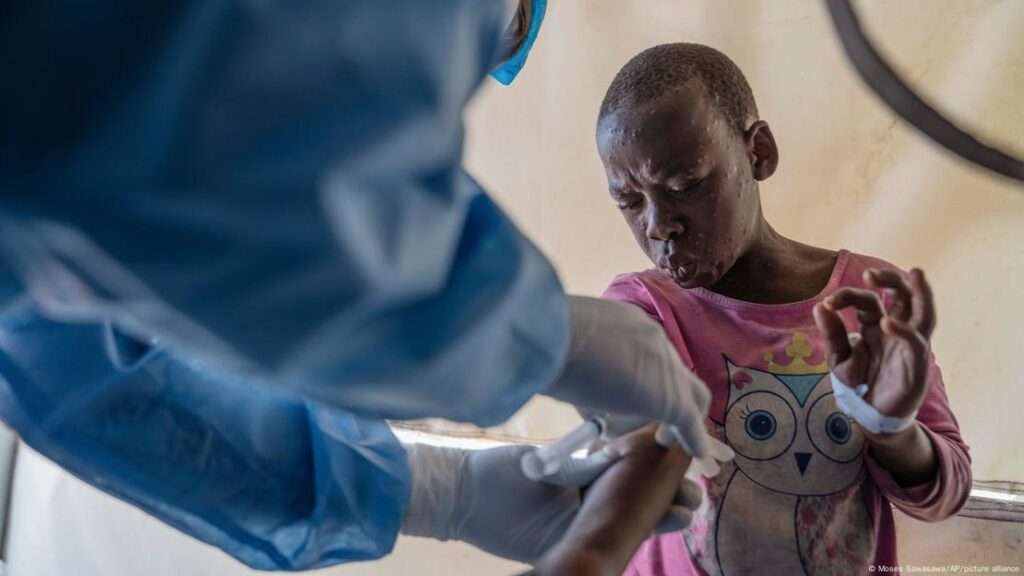
Vaccination Efforts Intensify Amid Rising Cases
Maria Van Kerkhove, WHO’s head of epidemic and pandemic diseases, noted that efforts are underway to speed up vaccine distribution to the affected countries, given the current vaccine supply constraints.
However, scientists have cautioned that without a comprehensive understanding of mpox’s transmission dynamics in Africa, optimizing vaccine deployment remains challenging.
This week, the head of the Africa Centers for Disease Control and Prevention revealed that the continent is expecting around 380,000 doses of mpox vaccines from donors, including the U.S. and the European Union. This amount, however, falls short of the 15% of the doses needed to effectively combat the outbreaks in Congo.
Aside from the vaccine shortfall, Medical teams in South and North Kivu provinces say the situation there is complicated by security challenges.
An armed group known as M23, which began its conflict with the Congolese military in 2012, experienced a resurgence two years ago and has been actively fighting to expand its control in eastern DRC. As one of the many armed groups in the resource-rich country, M23 has seized significant areas in Masisi and Rutchuru territories since 2022.
Security experts argue that the threat to DRC’s sovereignty is exacerbated by M23’s purported connections to Rwanda, a claim that Rwanda’s government denies.
Efforts to restore peace have been challenging for the Congolese army, a multinational force from the Southern African Development Community (SADC), and a United Nations peacekeeping mission.
Authorities report that approximately seven million Congolese are displaced nationwide, with around two million affected in the eastern regions due to the recent fighting.
Many of the displaced are now living in overcrowded conditions with inadequate access to food, water, medical care, and sanitation.
READ ALSO: Minority Strongly Opposes Military Deployment for Grain Export Ban Enforcement

